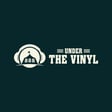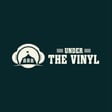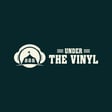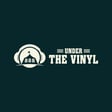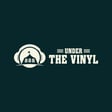
Episode 28: Richard Martin on Starting Businesses, Selling Them, and Merging Them
The guys sit down with Richard Martin, Chief Revenue Officer at PRO EM, to talk about his 36 years in the business. He talks about moving to the United States in 1992 for a brief two-year stint that hasn't ended and what it's like working on the WM Phoenix Open. Before starting URS and SoCal Tents & Events, Richard worked for Academy Tent and Canvas and owner of two event rental companies, Peerless Events in Tempe, AZ and Distinctive Tent Rentals in Denver, CO. He merged Peerless Events and Distinctive Tent Rentals with Phoenix-based Arizona Tents & Events, Gorilla Companies, and Tucson based Party Concepts, together with a private equity group, to create a full-service events management company named Professional Event Management (PRO EM).
